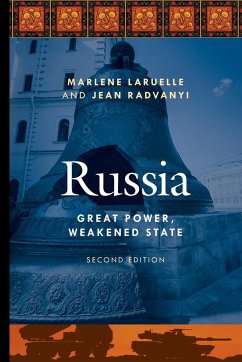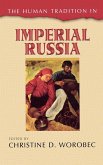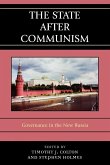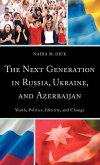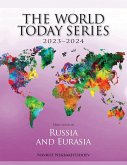This book is more than timely: no other book offers a comprehensive overview of Russia's fears and challenges to help the American public to understand how Russian domestic policy and foreign policy interact. This in-out aspect is critical to understand the country's international stance and therefore directly US policy and security.
Hinweis: Dieser Artikel kann nur an eine deutsche Lieferadresse ausgeliefert werden.
Hinweis: Dieser Artikel kann nur an eine deutsche Lieferadresse ausgeliefert werden.

